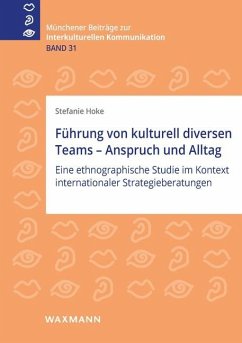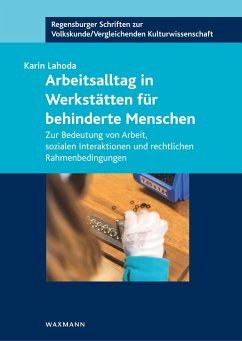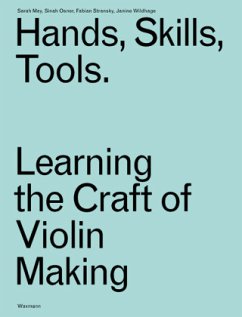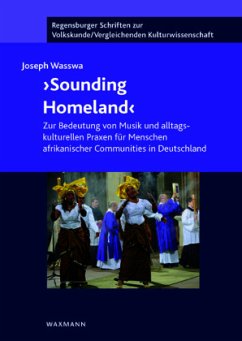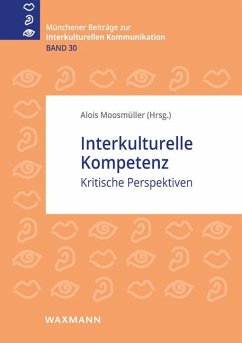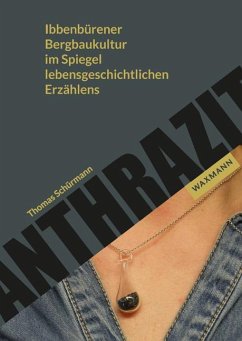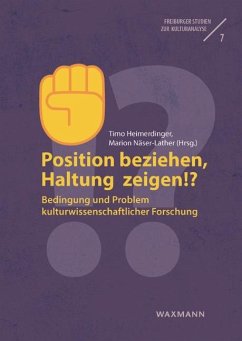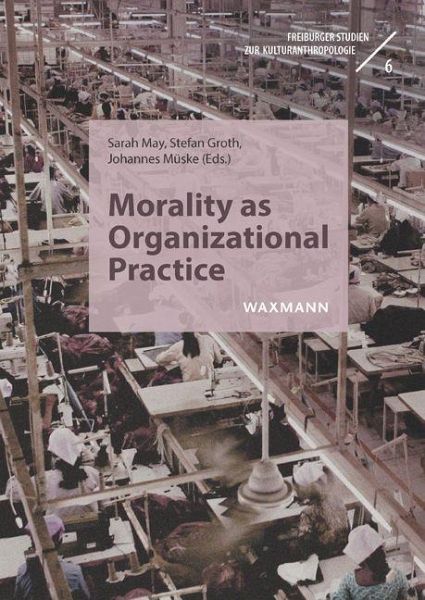
Morality as Organizational Practice
Negotiating, Performing, and Navigating Moral Standards in Contexts of Work
Herausgegeben: May, Sarah; Groth, Stefan; Müske, Johannes;Mitarbeit: May, Sarah; Groth, Stefan; Müske, Johannes; Bahl, Anke; Breitsprecher, Lea; Hämmerling, Christine; Hasan, Mohammad Tareq; Kölz, Isabella
Versandkostenfrei!
Versandfertig in 2-4 Wochen
34,90 €
inkl. MwSt.

PAYBACK Punkte
0 °P sammeln!
Organizations are increasingly the subject of moral debates. The positioning of enterprises of various sizes, non-governmental organizations, or public institutions is discussed and taken as a basis for consumer, client, and political decisions in a broad scope of topics. While the perspectives of customers, organizations, and further stakeholders on such developments have been highlighted under the label of "ethical consumption" or vis-à-vis the fragility of organizations, the impact and effects on actors working in or for such organizations or subcontractors have so far only been dealt with...
Organizations are increasingly the subject of moral debates. The positioning of enterprises of various sizes, non-governmental organizations, or public institutions is discussed and taken as a basis for consumer, client, and political decisions in a broad scope of topics. While the perspectives of customers, organizations, and further stakeholders on such developments have been highlighted under the label of "ethical consumption" or vis-à-vis the fragility of organizations, the impact and effects on actors working in or for such organizations or subcontractors have so far only been dealt with tangentially or left as a blank spot. This volume turns its attention to the actors and organizational practices in order to trace the effects of these discourses on everyday lives. Similarly, the ethnographic case studies collected in this volume explore the extent to which everyday work life itself shapes discourses on the negotiation of morality in the present.
Dieser Artikel kann nur an eine deutsche Lieferadresse ausgeliefert werden.



